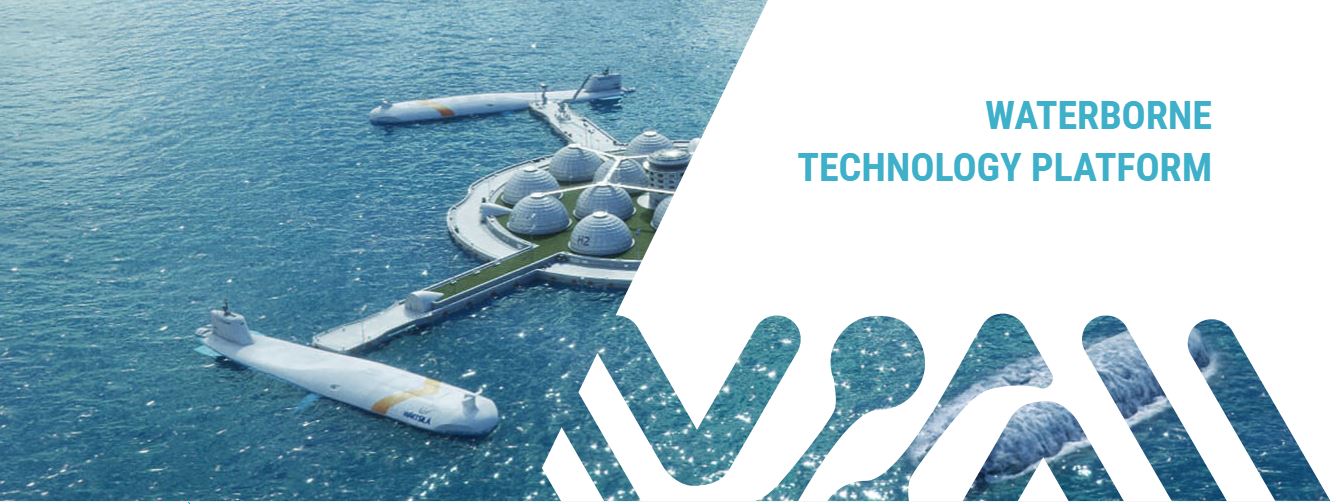A system-wide thinking is key for sustainable competitiveness of the European waterborne transport sector
The report “Research and innovation for climate neutrality by 2050 – Challenges, opportunities and the path forward” by the Publications Office of the European Union highlights the need for an ecosystem approach to decarbonise waterborne transport
The Waterborne Technology Platform (TP) welcomes the report “Research and innovation for climate neutrality by 2050 – Challenges, opportunities and the path forward” published by the Publications Office of the European Union on 06 March 2024. The report underlines the need to mobilize coordinated action in the waterborne transport sector using an ecosystems approach. According to the report, the decarbonisation of the sector requires a system-wide thinking and three value chains that are critical to steering the sector’s decarbonisation must be involved: the fuel chain, the shipbuilding chain, and the operations chain.
Over the past couple of years, the Waterborne TP has been working on bringing the three value chains together. The Co-Programmed Partnership on Zero-Emission Waterborne Transport, a cooperation between the European Commission and the European waterborne transport sector, is at the key of these activities. The Partnership will provide and demonstrate zero-emission solutions for all main ship types and services before 2030, enabling zero-emission waterborne transport before 2050. In the meantime, over 120 members from 21 EU Member States and four countries associated to Horizon Europe are actively shaping the future research, development and innovation priorities of the sector. These members represent the private players of the broader European waterborne transport sector, ranging from classification societies, shipbuilders, shipowners, maritime equipment manufacturers, infrastructure and service providers, to universities and research institutes.
Eero Lehtovaara, Chair of the Board of Directors, Waterborne TP, said: “The ecosystem approach is key for the sustainable competitiveness of the European waterborne transport sector. Over the past couple of years, the actors have increased their cooperation in terms of research, development and innovation, as well as the deployment of innovations. This is highlighted by the impressive investments made by the private side since the beginning of Horizon Europe. However, we are at the starting point of the transformation to a zero-emission mode of transport, which at the same moment in time should be done in a competitive way. Taking into account the international dimension of our sector, the varied interests of the different stakeholders, bringing them together around a coordinated agenda is key for the sustainable competitiveness of the sector in the longer run. These are also essential elements of our long-term strategy, as recently approved by our General Assembly, and paving the way for the future”.
WATERBORNE TP has been set up as an industry-oriented Technology Platform to establish a continuous dialogue between all waterborne stakeholders, such as classification societies, shipbuilders, shipowners, maritime equipment manufacturers, infrastructure and service providers, universities or research institutes, and with the EU Institutions, including Member States (www.waterborne.eu). The members of Waterborne TP comprise members as well as associated members from both maritime and inland navigation countries, representing about 21 Member States. In addition, the Associations member of the Waterborne Technology Platform represent the broader waterborne sector throughout the entire EU.



